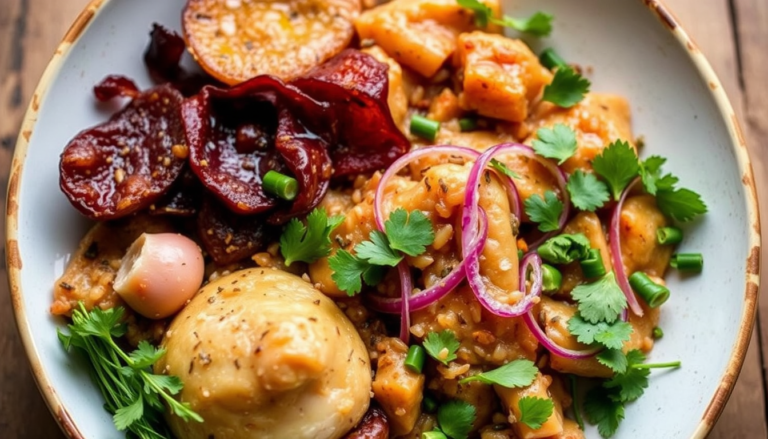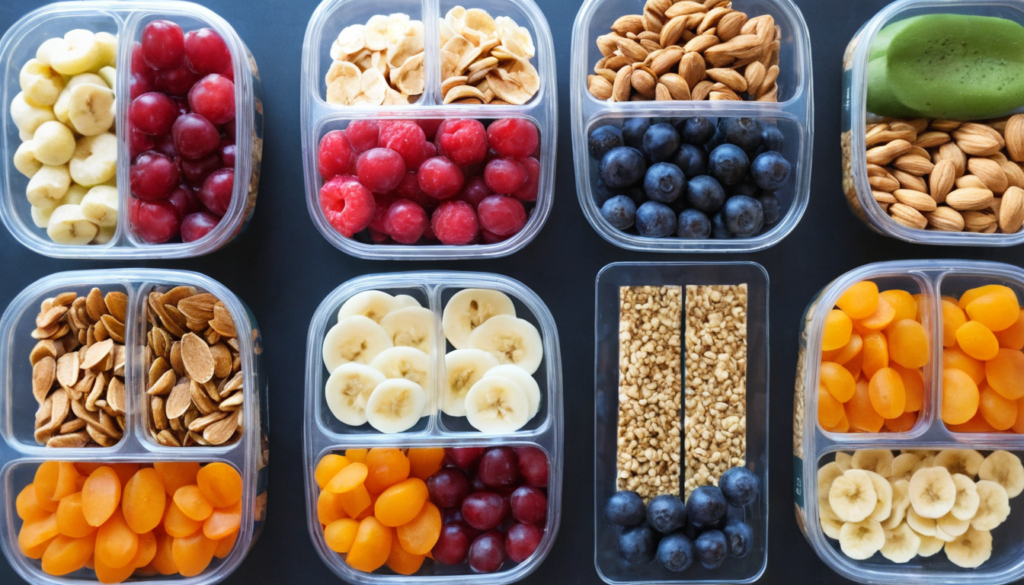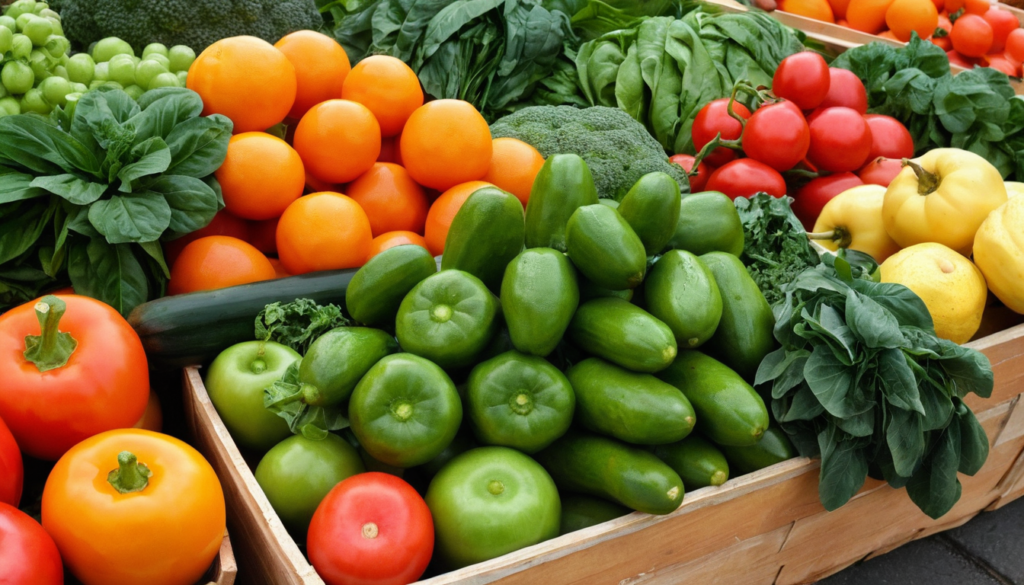The Distinction Between Herbs and Spices
Before we dive into the specific herbs and spices, it’s crucial to understand the difference between the two. While the terms are often used interchangeably, there are particular distinctions:
- Herbs: These are the leafy green or flowering parts of plants, used for flavoring and garnishing. Common examples include basil, parsley, cilantro, and thyme.
- Spices: These are derived from other parts of the plant, such as seeds, roots, bark, or fruits. Examples include cinnamon (bark), ginger (root), and black pepper (fruit).
Health Benefits of Cooking with Herbs and Spices
Incorporating herbs and spices into your meals not only elevates flavor, but they also come packed with various health benefits:
- Antioxidant Properties: Many herbs and spices are rich in antioxidants, which help combat free radicals in the body, reducing the risk of chronic diseases.
- Anti-inflammatory Effects: Ingredients such as turmeric contain curcumin, an active compound known for its powerful anti-inflammatory properties.
- Digestive Health: Certain herbs like ginger and peppermint can aid digestion and alleviate nausea.
- Blood Sugar Control: Spices such as cinnamon can help manage blood sugar levels, making them beneficial for those with diabetes.
- Weight Management: Several spices can enhance metabolism, which can contribute to weight loss when combined with a healthy diet.
How to Incorporate Herbs and Spices into Your Cooking
Here’s how you can make the most of herbs and spices in your meals:
- Fresh vs. Dried: Use fresh herbs like cilantro or basil for garnishing and as flavor boosters in salads. Dried herbs and spices are ideal for seasoning cooked dishes.
- Experiment with Combinations: Don’t stick to a single herb or spice. Experiment with combinations; for instance, rosemary pairs well with roasted lamb, while cumin complements chickpeas excellently.
- Use Them Early: For dried spices, adding them early in the cooking process allows their flavors to meld into the dish. Fresh herbs should be added towards the end to maintain their vibrant flavors.
- Flavor Infusions: Create herb-infused oils or vinegars for salad dressings or as finishing oils for grilled meats and vegetables.
- Make Your Own Spice Blends: Consider making your own spice blends for tailored flavors. For example, a blend of paprika, garlic powder, and onion powder can enhance roasted vegetables wonderfully.
Popular Herbs and Spices to Use
Here’s a list of some popular herbs and spices that can elevate your meals significantly:
- Basil: Perfect for Italian dishes, salads, and sauces.
- Oregano: Excellent for Mediterranean cooking, especially in pizza and pasta dishes.
- Thyme: Great for stews, soups, and roasted meats.
- Chili Powder: Adds heat to Mexican dishes and stews.
- Ginger: Ideal for Asian dishes and has numerous health benefits.
- Cumin: Frequently used in Indian and Middle Eastern cuisines.
- Turmeric: Popular in curries and known for its anti-inflammatory properties.
- Cilantro: Perfect for fresh salsas and topping on many dishes.
Conclusion
Cooking with herbs and spices is not just about flavoring your meals; it’s about enhancing your overall health and wellness. By incorporating these natural ingredients into your cooking, you can create delicious dishes while reaping their medicinal benefits. So the next time you step into your kitchen, remember the power of herbs and spices to turn an ordinary meal into something extraordinary.
FAQs
1. How can I preserve fresh herbs?
Fresh herbs can be preserved by freezing them in ice cube trays with water or olive oil, or by drying them in a dark, cool place.
2. What are the best storage practices for dried herbs and spices?
Dried herbs and spices should be stored in a cool, dark place in airtight containers to maintain their potency and flavor.
3. Can herbs and spices lose their flavor over time?
Yes, herbs and spices can lose their flavor over time, especially if not stored properly. It’s best to replace them every six months to a year.
4. Are there any herbs that should not be cooked?
Certain delicate herbs like basil, cilantro, and parsley are best added at the end of cooking to preserve their fresh flavor and aroma.
5. Can I use dried herbs instead of fresh herbs?
Yes, you can substitute dried herbs for fresh herbs, but the conversion ratio is typically one-third: one tablespoon of fresh herbs equals one teaspoon of dried herbs.



